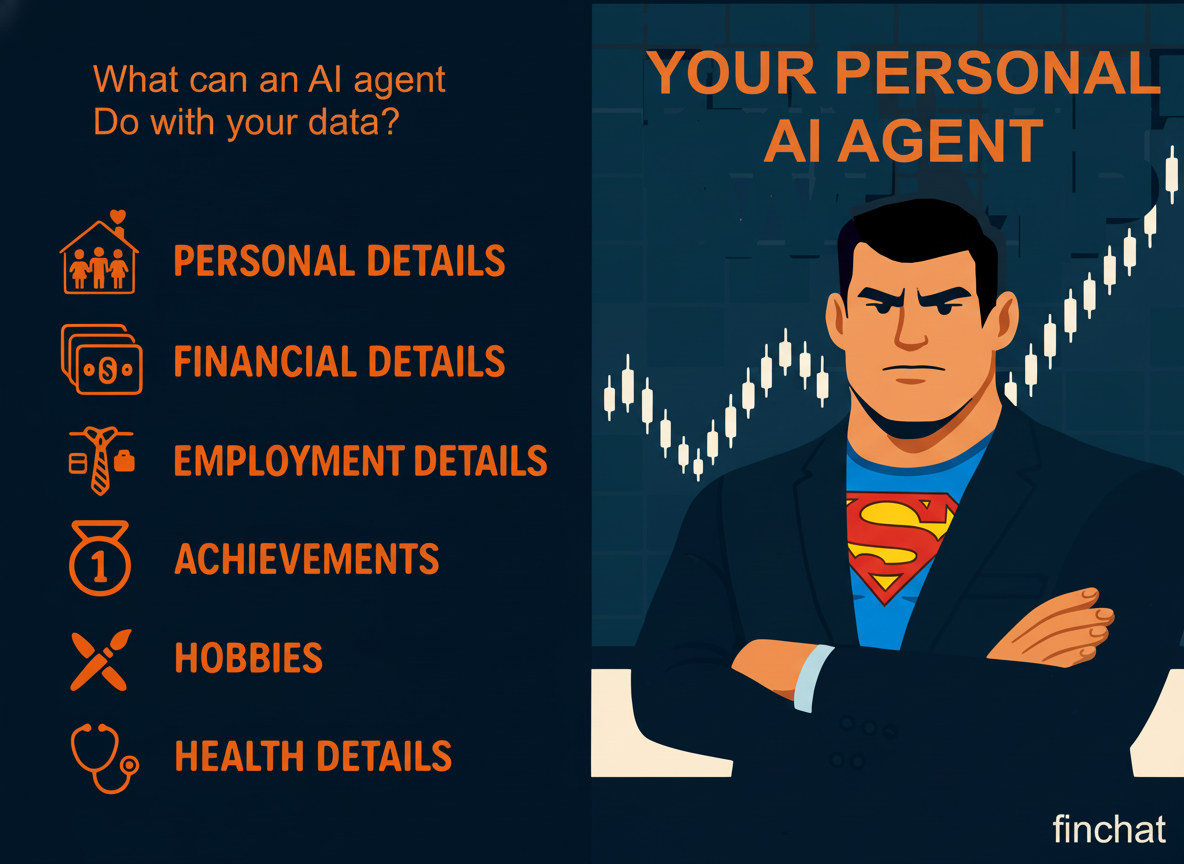Quo Vadis QAR?
Quo Vadis QAR?
Michelle Levy’s Quality of Advice Review (QAR), seems keen to put the banks back in business flogging their products to trusting customers, with the only protection that the advice be “good”, rather than in the customer’s “best interests”.
Will bank employees who thought their job was to help customers with their banking needs be given sales targets and unhappy consequences for not meeting them? Can advice still be “good” If the process is designed primarily to benefit shareholders and senior management?
The courts will be called upon to decide what “good” advice is, which could see banks handing back another ton of cash. Consumer advocacy group CHOICE believe the QAR recommendations are a “recipe for another Royal Commission”. This humble commentator is thinking of dusting off his legal qualification and joining the fray.
Financial advisers will still have to meet the “best interests” duty which would be a true fiduciary duty reflecting the general law. Their advice can’t just be “good”. AIOFP executive director Peter Johnston thinks Ms Levy is giving the banks and institutions a ‘free kick’ back into mainstream advice without adequate protection for consumers in place”.
In the background there is a new “kid on the block”, ChatGPT.
Today I asked it the question;
I have $300,000 dollars in my account and want to withdraw $65, 000 dollars a year in ten years’ time. How much do I need to contribute.
In a few seconds ChatGPT made some very reasonable assumptions and gave me the answer including details on how it was calculated. I wondered how it would perform on products and asked it to analyse BHP shares which it did, discussing Performance, Prospects, ESG progress, Valuation and an overall commentary. All free and within a minute. Clients in the future will be able to easily assess any product being pushed on them.
Can recommending a product that is relatively expensive with a history of underperformance be “good” advice, especially if the sale is motivated by an employee looking for a bonus or to just keep their job?
Its hard to believe the current government will accept these proposals but time will tell.

